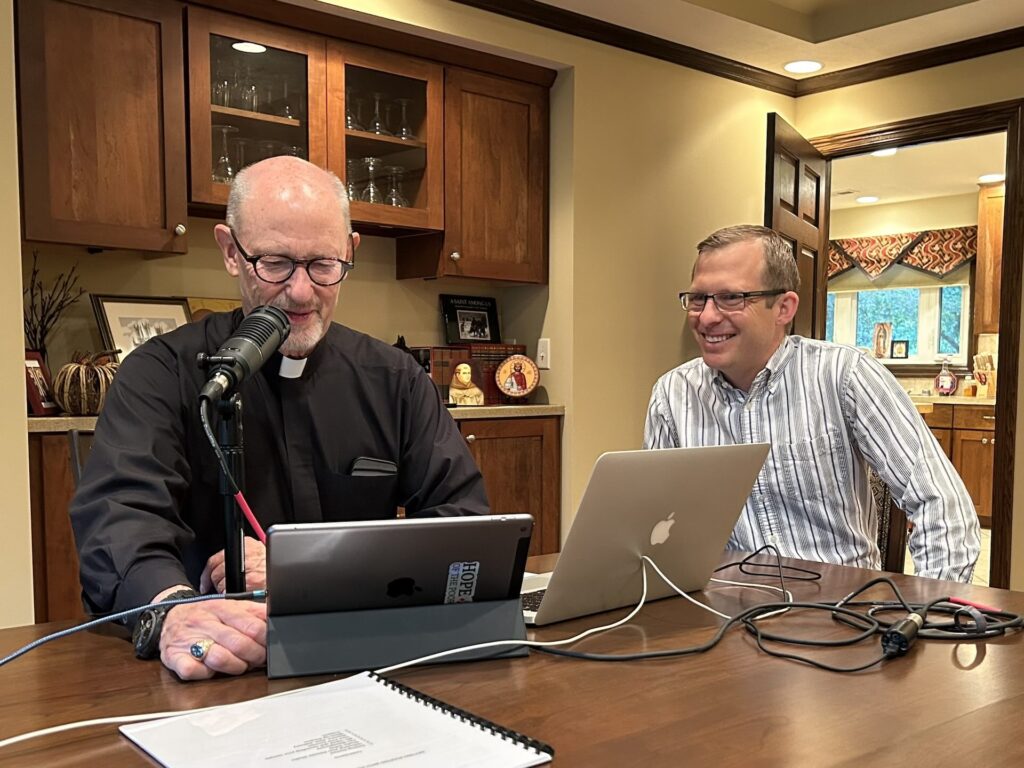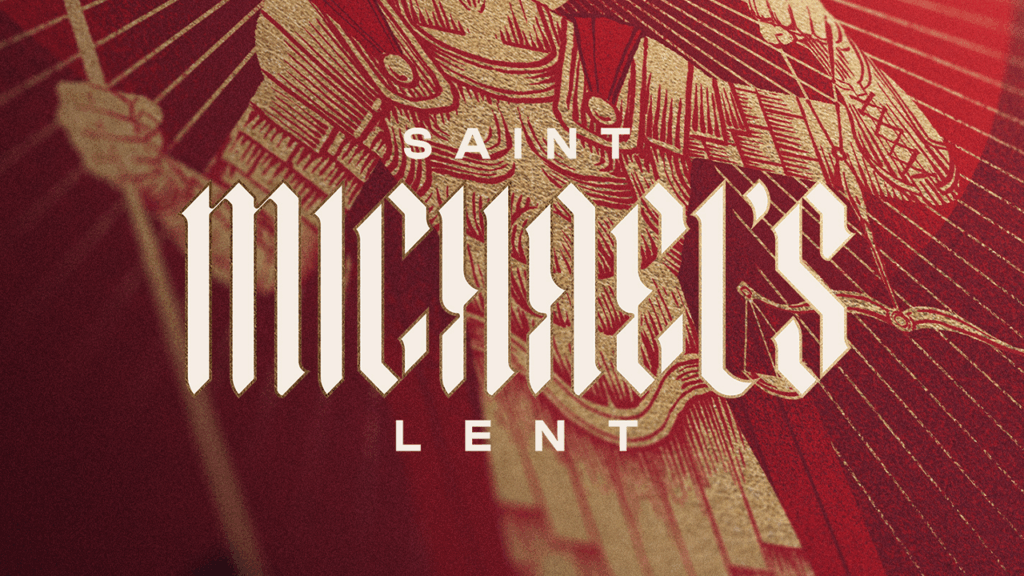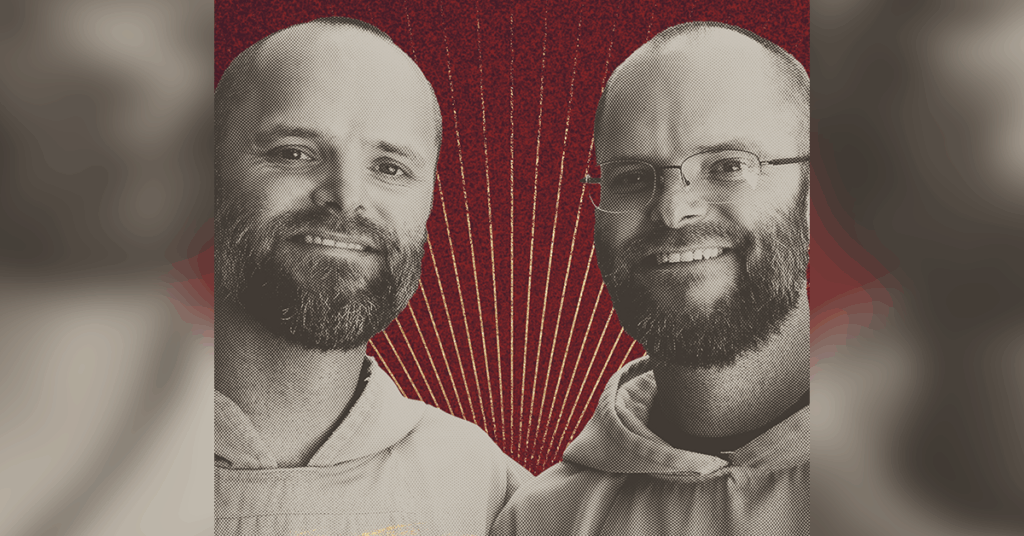Most of us are probably familiar with the general concept of stewardship.
We often hear about using natural resources wisely, sometimes called stewardship of creation.
Or we hear people refer to biblical passages (e.g. Matthew 25:14–30) as starting points to talk about being good stewards of the gifts and talents that the Lord has given us.
In both cases, what is at stake is that we must not waste something precious that God has given, but rather, make good use of it for his glory.
With stewardship, there is a final reckoning: we will stand before God’s judgment at the end of our lives.
At that final moment, we will no longer be able to alter or extend the use we have made of God’s gifts.
In Gospel terms, in that final moment, the Master will return and we will render an account for how we have used or squandered those gifts that, ultimately, belonged to the Master.
That final moment falls under the general category of eschatology, which is the science of the Last Things.
In the case of our particular judgment, this last event comes after the last moment of our earthly life.
At death, our time on earth ends, and thus, there is a kind of definitiveness to it.
At that point, we have definitively become who we are, in terms of our choices, our character, our faith, and our values.
But there is another kind of definitiveness as well.
We see that the definite span of life we’ve been granted is limited, finite.
The time we have been given has been a precious and limited gift, and it must be stewarded well and wisely— just like the natural resources around us or the talents that we’ve been given.
Death places before us not only judgment, but also the finite character of time and the corresponding need to make good use of it.
This is an eminently human reality.
On the one hand, life happens for all of us and it necessarily happens in time; on the other hand, death also comes for all of us, making the “resource” of time a scarce one.
When we are judged, we will be judged on how well we used the time that we were given.
Stewardship of time is an intrinsic part of human life and of our call to place all that we have in the service of the Lord.
In prayer today, reflect on Jesus’ public ministry and how full that time was.
Then ask the Lord to give you the insight to see how much your own life imitates the fullness of Christ’s life.
Finally, ask Christ to inspire in you the desire to fill up your time today with all that he wills.




